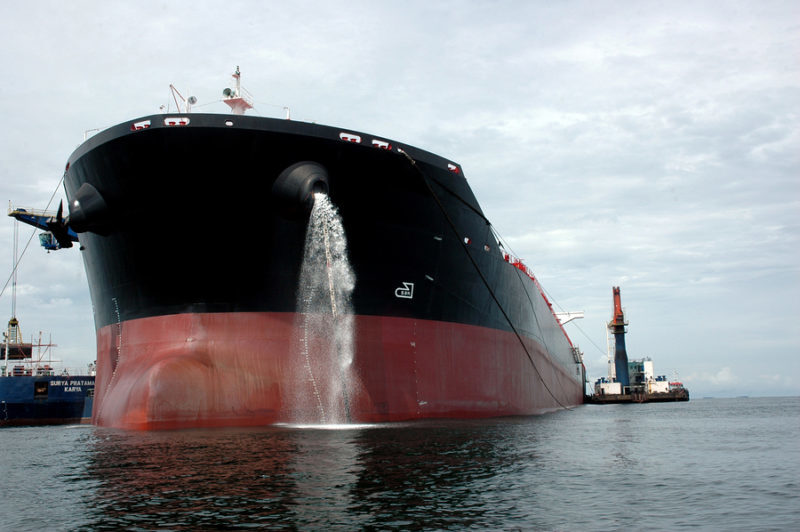Countries need to chart an ambitious course limiting greenhouse gas emissions from shipping when they gather from Monday, April 9 to Friday, April 13, 2018 for a crucial meeting under the International Maritime Organisation (IMO), says Patricia Espinosa, the UN’s top climate change official.

Some 173 nations are expected to adopt an initial strategy to limit emissions when they meet at the IMO’s Marine Environment Protection Committee (MEPC) 72nd session at the IMO Headquarters in London. It is critical that the strategy is sufficiently ambitious to meet the goals of the Paris Climate Change Agreement, adds the UN official.
“We are witnessing how climate change is moving much faster than emissions reductions,” says Espinosa, who is the UN Climate Change (UNFCCC) Executive Secretary, in advance of the meeting. “I call upon all nations to adopt an ambitious initial strategy at the IMO that can critically contribute towards achieving the Paris Agreement goals, and at the same time be supportive of the sector’s sustainability.”
Maritime transport is responsible for around 2.5% of global emissions, and its emissions are projected to grow between 50 and 250 percent by 2050.
World nations meeting under the IMO have unanimously recognised the maritime sector’s role in meeting the goals of the Paris Agreement, to limit the rise in global average temperature to well below two degrees Celsius and as close as possible to 1.5 degrees compared to the pre-industrial level.
Although international shipping and aviation are not directly included in the Paris Climate Change Agreement, both industries will have to cap their greenhouse gas emissions soon for the world to meet the goals laid down in the agreement.
The initial strategy is expected to set the vision for international shipping and its level of ambition to reduce emissions. The MEPC will address the guiding principles of the strategy, including short-, mid- and long-term further measures with possible timelines and their impacts on States, as well as identify barriers and supportive measures, including capacity-building, technical cooperation, and research and development.
